The Guyanese company Wanderlust Adventures GY is offering the Jonestown Memorial Tour, a $750 experience that allows visitors to see a replica of the original welcome sign, the memorial plaque that was installed in 2009, and the few small ruins of vehicles and machinery that were left behind.
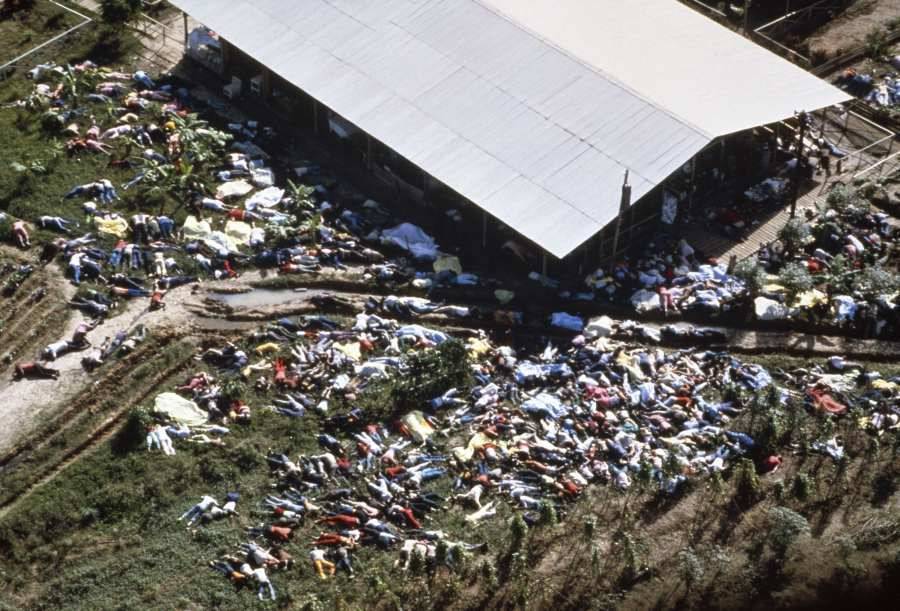
David Hume Kennerly/Getty ImagesThe aftermath of the Jonestown Massacre that left 909 dead. November 1978.
On November 18, 1978, cult leader Jim Jones instructed all of his followers at his compound in Guyana to die. Some obligingly drank Flavor Aid grape punch mixed with cyanide, while others were forcibly injected with syringes and some were shot. More than 900 people perished that day, including Jones himself.
Now, the site of the Jonestown Massacre has opened up for tourism.
While some believe that the introduction of tourism to Jonestown is in bad taste, others argue that it’s important to remember what happened there. They believe that Jonestown stands as a powerful reminder of the destructive power of cults and as a notable part of Guyana’s history.
The Site Of The 1978 Jonestown Massacre Is Opened Up For Tourism
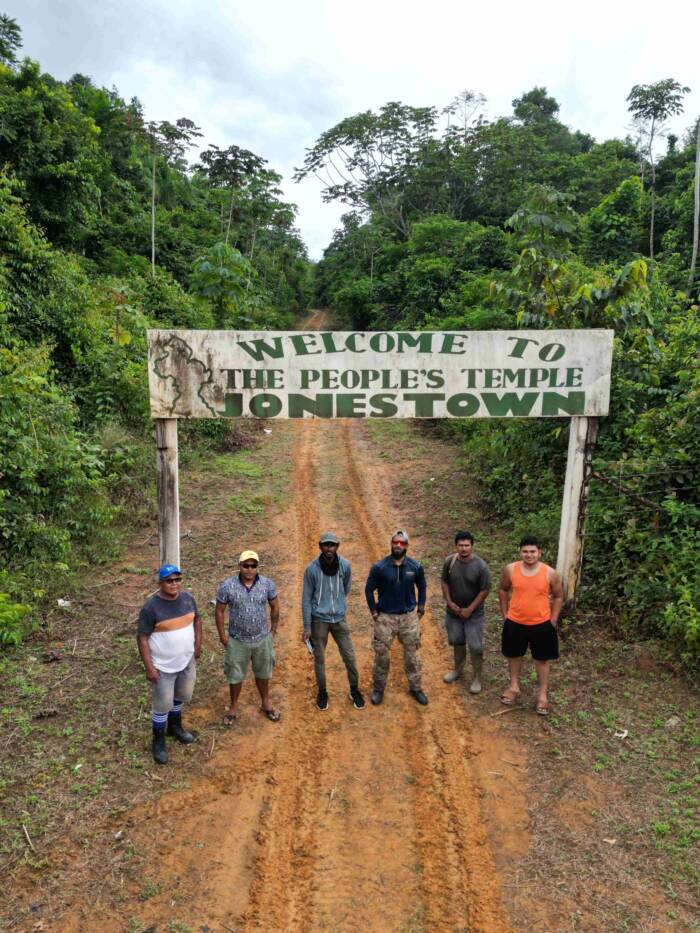
Wanderlust AdventuresPeople stand in front of the “Welcome to Jonestown” sign, a replica of the original from the late 1970s.
Tours of Jonestown began at the start of 2025 and are run by a Guyanese company called Wanderlust Adventures GY, which also offers nature and food-themed tours across the country. Individual tours at Jonestown are $750, and include a flight from Georgetown to Port Kaitum, meals, and a chance to speak with an eyewitness to the Jonestown Massacre.
“The Jonestown Memorial Tour is an overnight reflective journey into Guyana’s Northwest District, exploring the history and culture surrounding Jonestown,” the travel agency explains. “A highlight of the experience is hearing firsthand from someone who lived in the area during Jonestown’s existence, offering unique insights into this pivotal moment in history.”
The Jonestown tour thus joins the ranks of other sites of tragedies, disasters, and violence that draw tourists, including Auschwitz, Ground Zero in New York City, and Chernobyl. But many people in Guyana aren’t happy about it.
“It clearly appeared as if there was a lot of illegal activity going on there, human rights violations, food/sleep deprivation, forced imprisonment, and the images were pretty gory, reprehensible,” Neville Bissember, a senior law lecturer at the University of Guyana told NBC News shortly before the Jonestown tours began. “People would prefer not to remember.”
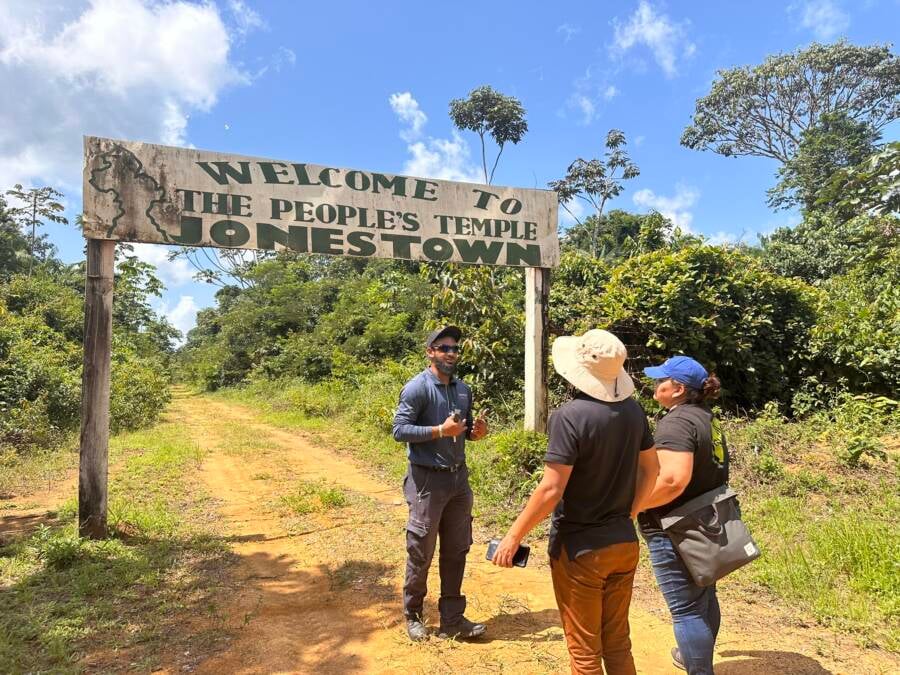
Wanderlust AdventuresWhile some would rather not revisit the horrors of Jonestown, others argue that it’s important to remember what happened there in 1978.
Roselyn Sewcharran, the owner and founder of Wanderlust Adventures, disagrees. She believes that lessons can be drawn from the Jonestown tragedy, and that it’s important to acknowledge what happened.
“The thing is, Jonestown remains a tragic part of Guyana’s history, but it is also an event of global significance,” she told NBC News. “It offers critical lessons about cult psychology, manipulation and abuse of power.”
The Harrowing Story Of The Peoples Temple And Jonestown
The story of Jonestown begins with one man: Jim Jones. Born in Indiana in 1931, Jones initially trained to become a doctor, but instead became a pastor in the 1950s. He soon opened his own church, which was first called Wings of Deliverance and then the Peoples Temple.
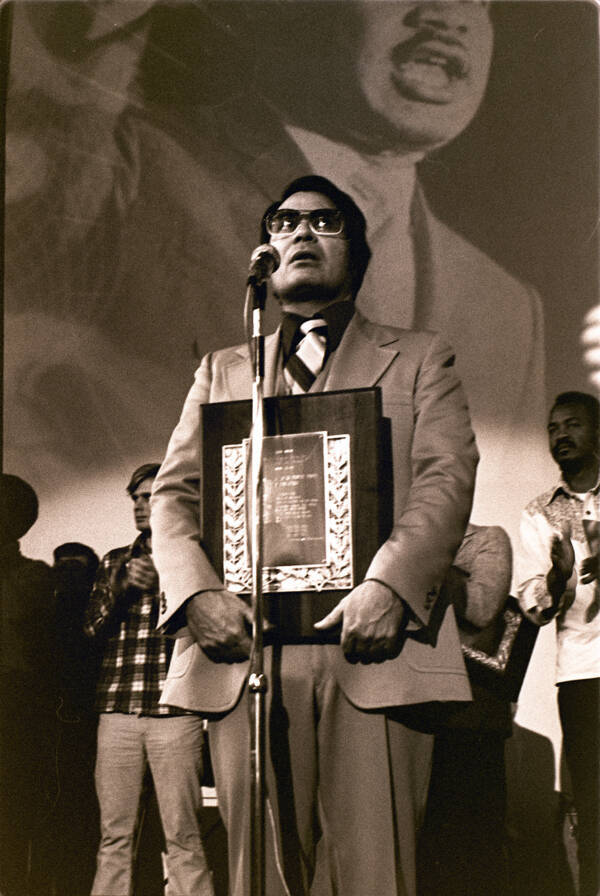
Nancy Wong/Wikimedia CommonsPeoples Temple leader Jim Jones in 1977.
By the 1960s, Jones had moved his organization to San Francisco, where his anti-war, anti-capitalist message drew thousands of followers. By the early 1970s, the Peoples Temple had an estimated 20,000 members.
Behind the scenes, however, Jones was a master manipulator. He had affairs with women in his congregation, demanded that his followers give him their life savings, and physically punished anyone who displeased him. In 1977, as scrutiny of Jones and his organization increased, he moved his followers to Guyana and established Jonestown.
But government entities still had their eye on Jones and, in November 1978, Congressman Leo Ryan flew to Guyana after his constituents notified him that their relatives were being abused by the cult leader. Though Ryan and his delegation were initially welcomed to Jonestown, and several members of the Peoples Temple were allowed to leave with him, he and his party were violently ambushed by Jones’ followers at the Port Kaituma airstrip. Ryan, three journalists, and a Peoples Temple member were killed.
Jones then decided to order his followers to die by suicide.
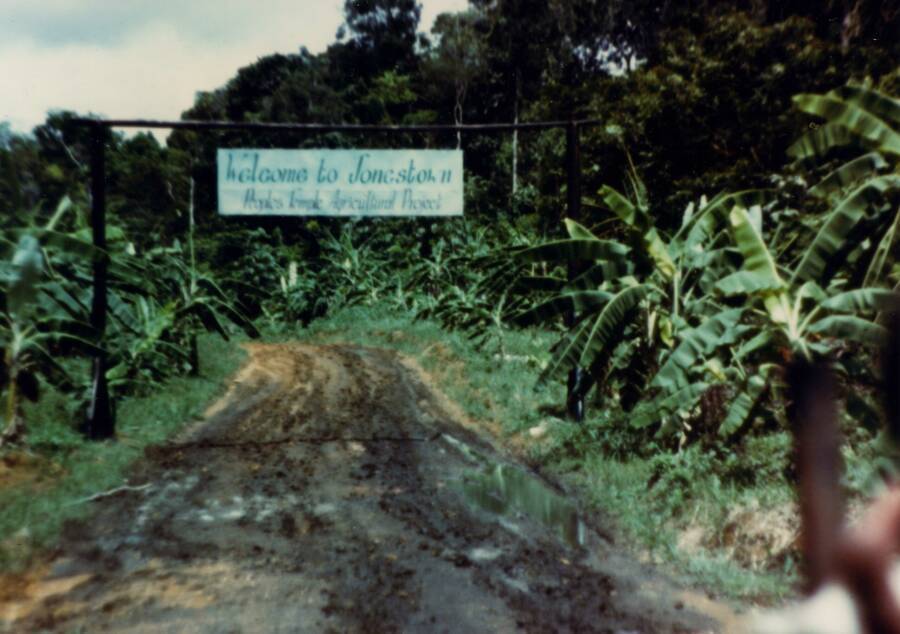
San Diego State University/Wikimedia CommonsThe original Welcome to Jonestown sign.
Announcing that U.S. soldiers would soon arrive to torture the members of the Peoples Cult, Jones instructed his followers to drink punch laced with cyanide. While some agreed to do so, others were forced to drink the punch, and some people were forcibly injected with poison, while a few were shot. Jones, his wife, and most of their children were among the 909 people who died at Jonestown.
The mass murder-suicide of Jones and his followers shocked the world. In the years since, Jonestown was slowly swallowed by the jungle as it ate away at existing structures or covered them with vines.
But today, if you’re so inclined, it’s possible to walk the grounds where Jonestown once stood, and where more than 900 people lost their lives all at once nearly 50 years ago.
After reading about how Jonestown has opened up for tourism, discover what life was like inside nine infamous cults. Then, go inside the harrowing stories of infamous cult leaders, from Jim Jones to David Koresh.





